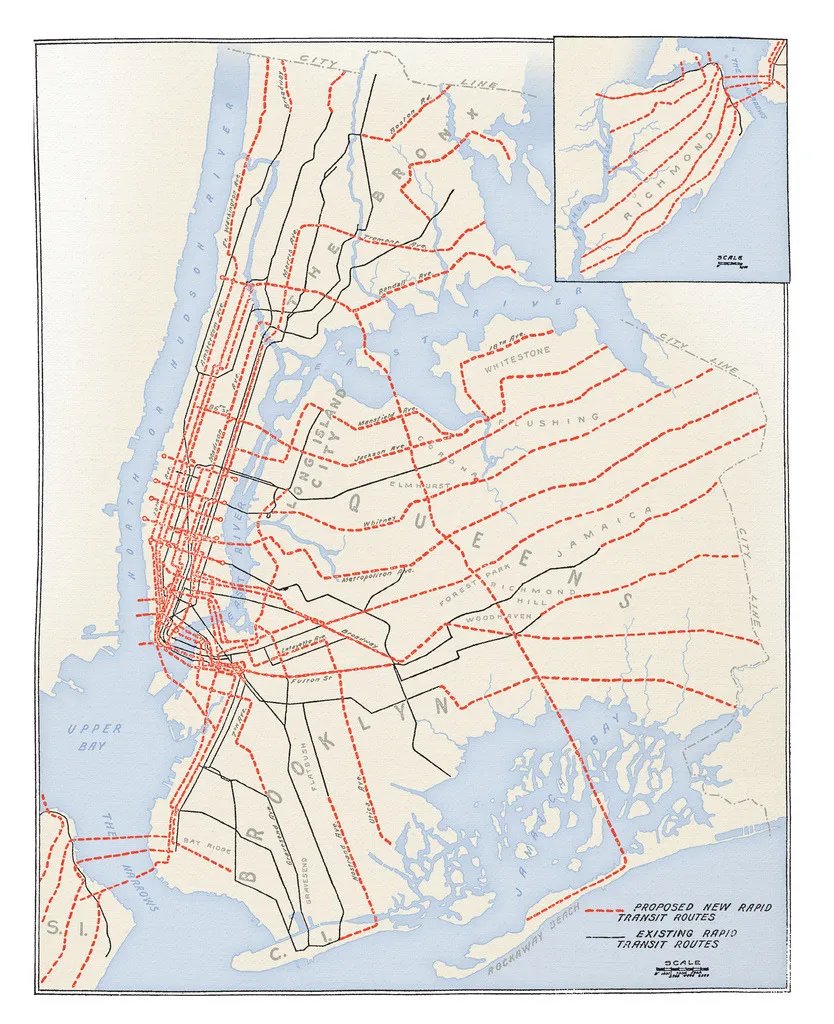
What are some compelling examples of new things we could do with energy abundance—say, 10x (or more) energy usage per capita?
In the 1930s, Winston Churchill (yes, Churchill) predicted that with fusion energy, “Schemes of cosmic magnitude would become feasible. Geography and climate would obey our orders.”
rootsofprogress.org/winston-church…
rootsofprogress.org/winston-church…
He also predicted “materials thirty times stronger than the best steel”, engines that carry “fuel for a thousand hours in a tank the size of a fountain-pen”, and farming “without recourse to sunlight”, all based on having enormously abundant energy at incredible energy densities.
In Where Is My Flying Car?, Josh Hall echoes those themes, adding nanotech and flying cars as applications of greater energy usage and higher energy densities: rootsofprogress.org/where-is-my-fl…
Similar themes from @mattyglesias: artificial farms, desalination, fuel synthesis, carbon capture, faster transportation
https://twitter.com/mattyglesias/status/1455257485317660681
Some other themes from the replies on this thread:
• Materials extraction (from air, oceans, rock, asteroids, even garbage)
• Climate control + terraforming
• Faster transportation
• Lots more manufacturing + infrastructure
• Materials extraction (from air, oceans, rock, asteroids, even garbage)
• Climate control + terraforming
• Faster transportation
• Lots more manufacturing + infrastructure
• • •
Missing some Tweet in this thread? You can try to
force a refresh





